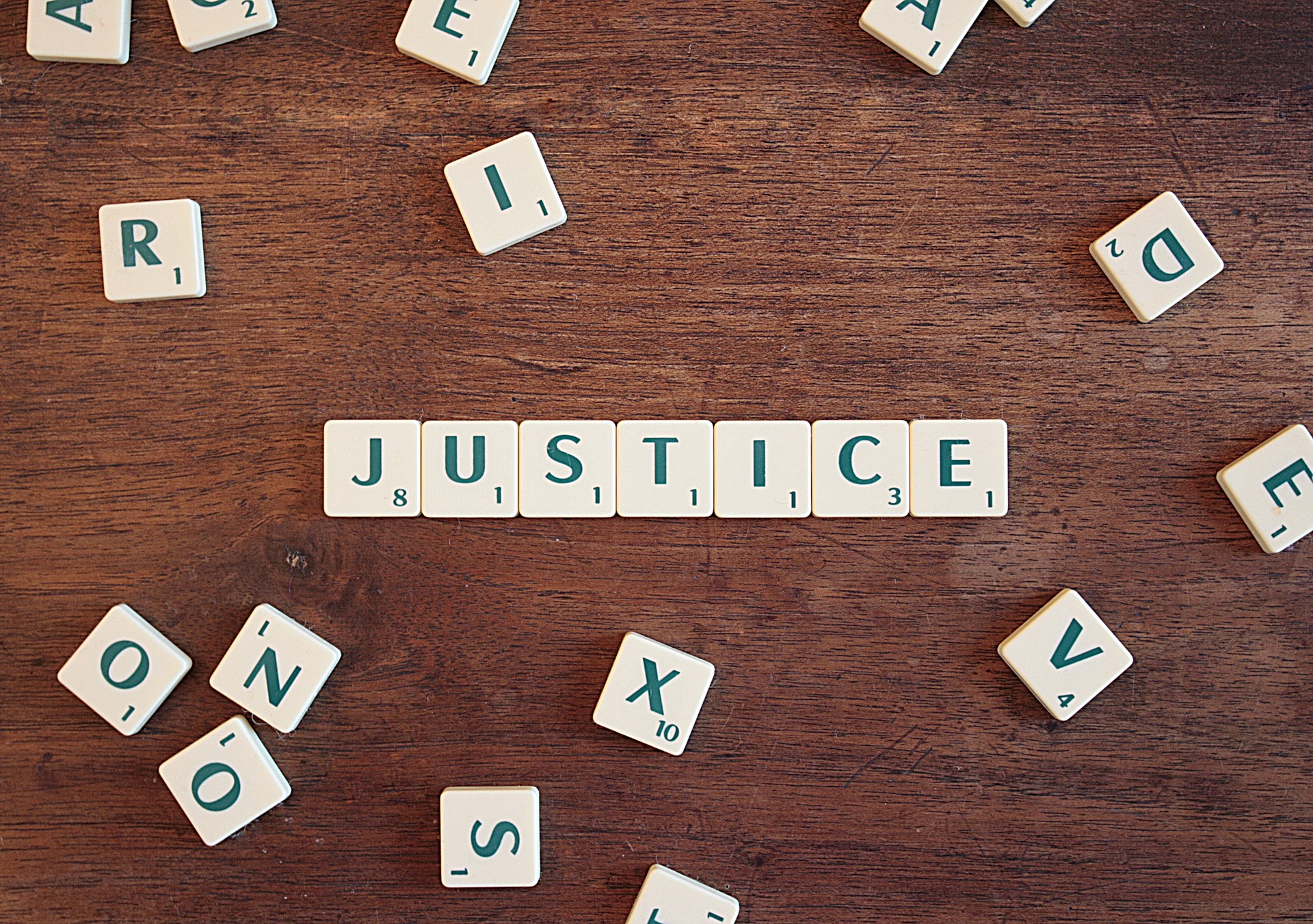Blogposts
One Step Forward, Two Steps Back? Legislative Reform on the Path to Justice for Victims of Sexual Violence in Indonesia
Annida Putri, Julie Fraser Like other countries, Indonesia grapples with violence against women resulting from patriarchal institutions and compounded by gaps in the justice system. The UN Committee monitoring Indonesia’s implementation of the Convention on the Elimination of all forms of Discrimination Against Women (CEDAW) highlighted this issue as one of the main points of concern in their 2021 Concluding Observations. Since then, there has been a significant development in Indonesian legislation with the passing of the Law on Sexual Violence Crimes in April 2022 and the new Criminal Code in December 2022. On paper, these instruments aim to improve legal protection for sexual violence victims. However, challenges remain regarding the law’s implementation and possible backlash from certain provisions in the new Criminal Code. These challenges raise question as to what extent legislative reform is sufficient to create a path to justice for victims of sexual violence in Indonesia.
Like other countries, Indonesia grapples with violence against women resulting from patriarchal institutions and compounded by gaps in the justice system. The UN Committee monitoring Indonesia’s implementation of the Convention on the Elimination of all forms of Discrimination Against Women (CEDAW) highlighted this issue as one of the main points of concern in their 2021 Concluding Observations. Since then, there has been a significant development in Indonesian legislation with the passing of the Law on Sexual Violence Crimes in April 2022 and the new Criminal Code in December 2022. On paper, these instruments aim to improve legal protection for sexual violence victims. However, challenges remain regarding the law’s implementation and possible backlash from certain provisions in the new Criminal Code. These challenges raise question as to what extent legislative reform is sufficient to create a path to justice for victims of sexual violence in Indonesia.
I. Sexual violence in Indonesia
In their latest report, the Indonesia’s National Commission on Violence Against Women (Komnas Perempuan) recorded 338.496 cases of violence against women in 2021 – a 50 per cent increase from 2020. The massive number follows the trend of increasing gender-based violence globally, in what the UN has called a ‘shadow pandemic.’ According to Komnas Perempuan, the violence against women in Indonesia is rooted in the patriarchal nature of society that views women in a subordinate position to men, which can be found in every organ of society, from family to public institutions (see also the CEDAW Committee para 21). Although most cases of violence occur at home, some occurred in ministerial offices and even religious institutions. Thus, the patriarchy embedded in institutional power enables an environment in Indonesia where sexual violence can occur without the perpetrators being held accountable. Consequently, most cases of sexual violence were not handled properly by legal authorities or at all.
The interaction between patriarchy and power relations in social institutions is especially apparent in cases of sexual violence taking place in religious educational institutions. Komnas Perempuan observed that sexual violence in such institutions is higher than in other types of institutions due to asymmetrical power relations between religious leaders and students. Moreover, the leaders hold a dignified position in public, which can intimidate victims and keep them from speaking up. Unfortunately, abuse in a range of religious settings worldwide is well-documented, such as by the Catholic Church in neighbouring Australia.
Victims may also be intimidated to report sexual violence as it may hamper their access to education in the institution. For example, in a rape case of a student in a religious institution in East Java, the victim suffered years of intimidation and could not access justice. After a lengthy legal proceedings involving chaotic protests by the perpetrator’s followers, the perpetrator was finally sentenced to seven years in prison – much lower than the prosecutor’s request of 16 years. A similar pattern is observed in another case of rape in a religious institution in West Java. The victims could only seek justice years later due to the stigma attached to rape and the public perception towards religious institutions.
Furthermore, the State failed to provide adequate protection against such power abuses due to gaps in the legal system. The Indonesian Institute for Criminal Justice Reform (ICJR) observed that the old Dutch colonial Criminal Code applicable in Indonesia provided such a narrow definition of rape and obscene acts that it excluded many other forms of sexual violence. Moreover, the law enforcement officers lack proper training in handling sexual violence complaints. The Indonesian Legal Aid Foundation (YLBHI) reported cases where police refused to take complaints of sexual violence and instead blamed the victims. Such victim blaming practice is exacerbated by the existence of ‘catch-all’ legal provisions on defamation and sharing of intimate contents. For example, in a landmark case of Baiq Nuril, the victim was imprisoned for sharing a recording of verbal sexual harassment she received from her boss.
II. Legislative solutions?
This overview demonstrates that the interaction between patriarchy, power, and gaps in the legal system has obstructed the path to justice for victims of sexual violence in Indonesia. To address this, Indonesian women’s rights activists have focused on legislative reform as a starting point of advocacy. The CEDAW Committee shares the same vision, as seen in their latest 2021 Concluding Observation to Indonesia. The Committee emphasised the “crucial role of the legislative power” (para 8) and selected issues for follow-up that all related to legislation (para 58). While the Committee also urges awareness-raising campaigns, education, and training (ie paras 12, 24b, 30c, 36b, 42g, and 52b), it clearly foresees a primary role for legislation in shaping societies and protecting women’s human rights.
Starting in November 2021, there have been several legislative developments in Indonesia. Firstly, the Ministry of Education, Culture, Research and Technology passed Regulation No. 30/2021 as a guideline to prevent and handle sexual violence cases in universities. The Ministry of Manpower issued a similar guideline regarding sexual violence in the workplace. As for binding legislation, the Sexual Violence Crime Bill has been approved into Law No. 12 of 2022 on Sexual Violence Crimes. This law is more progressive than previous provisions on sexual violence as it recognises nine forms of sexual violence: physical and non-physical sexual harassment; forced contraception or sterilisation; sexual torture; sexual slavery; forced marriage; sexual violence by electronic means; and sexual exploitation. It also contains provisions for victim protection, which was lacking in the old Criminal Code. Most recently, in December 2022, the Indonesian Parliament passed the new Criminal Code which contains elaborate provisions on forced abortion and rape.
These legislative reforms were celebrated as a step in the right direction to offer adequate legal protection for victims of sexual violence. However, activists acknowledge that challenges remain. In a joint research with the International NGO Forum on Indonesian Development (Infid), the ICJR found that the challenges to effectively implement the Law on Sexual Violence Crimes are mainly operational, such as the need to establish a Victim’s Assistance Fund and to ensure even distribution of the Regional Unit for Women and Children’s Protections in every region. These findings are corroborated by Komnas Perempuan, which found that an increase in the reporting of cases was not followed by an increased handling of cases due to lack of resources, infrastructure, and budget. The Infid-ICJR research also found patriarchy as one of the challenges to implementing the new legal norms, especially within law enforcement institutions. Once again, operational measures are needed to help resolve this issue, such as training for law enforcement officers, public information campaigns, and cultural shifts.
Other challenges arose directly from the legal reform itself. The new Criminal Code, which will be the legal basis for the prohibition of rape, contains many controversial provisions, including the criminalisation of extramarital sex. The CEDAW Committee warned that this provision may further restrict women’s rights, and especially vulnerable groups like lesbian, bisexual and transgender women (para 13 (c)). While contraceptives were only legally available to married couples even before this legislation, the Code further prohibits dissemination of information on contraception unless by State officials. This interference with freedom of expression is particularly concerning as it restricts the ability of civil society organisations to raise awareness of women and girls reproductive rights. Even before this limitation, the CEDAW Committee had lamented the “lack of comprehensive age-appropriate sexuality education” in Indonesia (para 43(b)). Therefore, it is one step forward in the protection of some forms of sexual violence, but two steps back in the broader advancement of women’s related rights.
III. Paving the path forward
In conclusion, as a product of political compromise in a democratic system, legislative reform may simultaneously represent one step forward and two steps back. Positive legislative reform regarding sexual violence such as rape must be followed by concrete implementation, while potentially harmful reform must be re-examined. The Indonesian government must pass the implementing regulations for the new Law on Sexual Violence Crimes in a timely manner. Additionally, the potentially harmful provisions in the new Criminal Code such as those regarding extramarital sex and contraceptives must be reviewed, for example, by the Constitutional Court through the ongoing judicial review actions.
Furthermore, as violence against women is a systemic problem, it requires a systemic solution involving “every organ of society” – as stated in the preamble of the Universal Declaration of Human Rights. The Indonesia government should seek to facilitate the work of civil society to help combat violence against women – and not gag them on topics like reproductive rights. For example, a group of female ulama issued a landmark fatwa in 2017 that held all sexual violence (both inside a marriage or outside) to be haram – prohibited based upon Islamic law. Afrianty has documented local women’s organisations like the Women’s Association for Justice and Legal Aid (LBH APIK) working to inform villagers about their legal rights and services available in cases of domestic violence.
Therefore, the path forward requires a synergy of the law and social institutions to work together in fighting patriarchy to prevent sexual violence and offer adequate protection to the victims.


